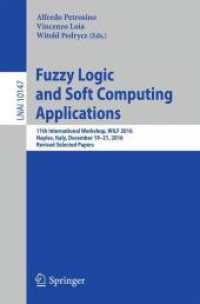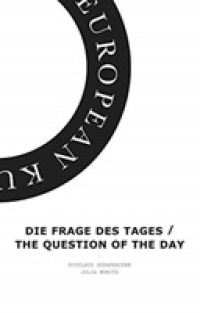Full Description
This timely edited volume challenges the potentially simplistic blame narratives surrounding artificial intelligence (AI), urging instead a shared ethical responsibility among users, researchers, policymakers, and others.
Rejecting the notion of AI as an autonomous 'evil', the book interrogates how human choices embedded in power structures, colonial legacies, and ideological frameworks can shape AI's impact on intercultural relations. Through decolonial critiques, dialogic experiments, and perspectives from the Global South, the contributors expose algorithmic biases, epistemic injustices, and governance gaps, while advocating for collective agency. From African Ubuntu ethics to Moroccan linguistic and cultural equity, and the political economy of creative industries, the book portrays AI as a mirror of human complexities and contradictions rather than a scapegoat.
A vital resource for students and scholars of intercultural communication education and research, this book calls for reflexive engagement with AI, emphasising co-accountability over unfounded dread.
Contents
1. Fearing our own reflections in AI Part I: Foundations - AI, Interculturality and Ideology 2. Speaking back to AI (and ourselves): Generative epistemic (in)justice in intercultural communication education 3. Magic mirror on the wall, who is the evilest ideologue of all? AI, interculturality and/or we, the users...? 4. Coloniality of artificiality: Ontological critique and AI as critical interculturalist? Part II: Decolonial Interventions - Beyond 'Western' AI? 5. AI and intercultural communication: Cultural nuances beyond theoretical constraints 6. In search of justifiable AI governance for Africa 7. African Ubuntu, relational being and AI 8. Cultural futures: Governance, cultural policy and the political economy of AI in the Creative and Cultural Industries








